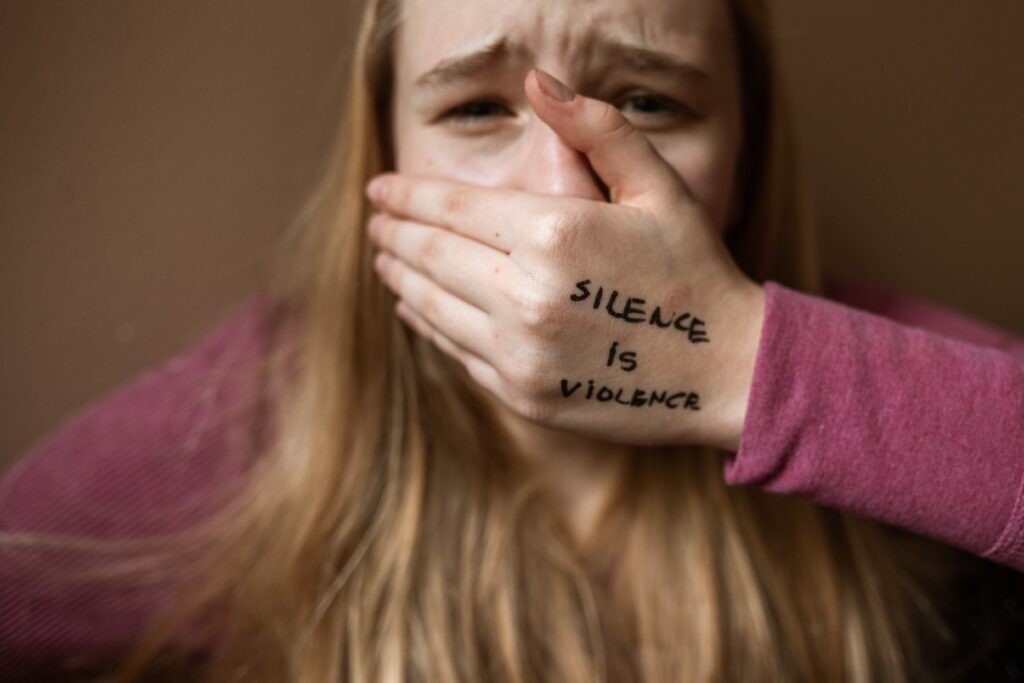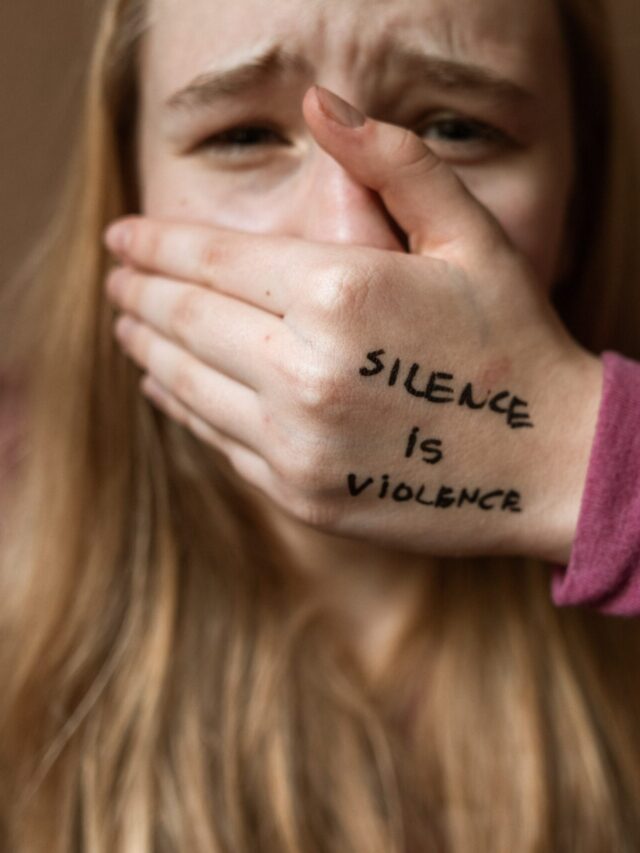Table of Contents
Introduction: What is a toxic relationship?

“We are all born for love. It is the principle of existence and its only end.”
– Benjamin Disraeli
We all know that we are social animals. We connect with other humans, both formally and informally, for our growth and development. When we connect informally with someone, we form relationships. These informal connections are important for our emotional, financial, and physical development. We depend on relationships for our well-being and growth. Without relationships, it is hard for us to survive. Thus, relationships are an integral part of our life. A relationship can be a source of joy, it can bring out the best in us.
But, at times, relationships can be challenging too and can have a detrimental impact on us. Such relationships are characterized by a pattern of negative behavior by one partner toward another which can cause harm to one or both partners. The negative behavioral patterns can range from emotional manipulation to physical or verbal abuse.
Any relationship that is far from affection, respect, trust, empathy, equality, freedom, etc. is a toxic relationship. It is important to distinguish between a toxic relationship and a relationship with a toxic person. In a toxic relationship, it is not necessary that either or both partners are toxic. Two good individuals together can also make a relationship toxic. On the other hand, being with a toxic person may or may not cause a toxic relationship.
Being in a toxic relationship means there is no trust. You feel, isolated, unsupported, disrespected, and belittled in a toxic relationship. If you are in a toxic relationship, you will feel isolated and unsupported.
Early signs of a toxic relationship
“Toxic relationships wear people down and have serious effects on one’s self-worth and feelings of dignity. They can be traumatic and leave permanent emotional damage. If you think your relationship is toxic, start seeking help from blogs, books, and professionals. The fog of abuse is hard to see through, and getting clarity from outside is crucial.”
Dr. Jason Whiting, Ph.D., LMFT
Toxic relationships can cause mental health issues such as anxiety, depression, and poor self-esteem. Toxic relationships drain huge energy which is not good for physical health too. In view of this, it is necessary for us to recognize early signs of a toxic relationship and address them before they can cause harm to us. Some major early signs of toxic relationships include lack of communication, repeated lying with each other, jealousy between the partners, regular conflicts, and aggressive behavior by either or both partners.
In the subsequent section, we will discuss five red flags in a toxic relationship.
Red flag #1: Lack of trust and constant jealousy
“Love and trust are so powerful. They can literally change the fate of a person.”
Tasha Hoggatt
Since trust is the foundation of every relationship, it is important for us to maintain trust in our relationships to keep them healthy. If you feel that there is a lack of trust in your relationship, this is a red flag. If one partner (or both partners) is lying to the other partner on a continuous basis, or if one partner doubts the other’s fidelity, the relationship has started to become toxic. Further, distrust in a relationship can cause one partner to become jealous and psychologically abusive by snooping through a partner’s belongings.
It is necessary that we address such trust issues before they lead to a toxic cycle of jealousy and suspicion. Talk to your partner, openly and honestly, about it, and even after that there is no improvement, re-evaluate the relationship.
Red flag #2: Constant criticism and belittling
“If you alter your behaviour because you are frightened of how your partner will react, you are being abused.”
Sandra Horley
Equality is an important pillar of a relationship. It is important that in a relationship both partners feel equal. We should be able to express ourselves without fear of being judged by our partners. We all want to be listened to empathetically by our partners. But instead of equality and being listened to, if we are being criticized or belittled by our partner, we are in a toxic relationship.
When we are criticized or belittled, regularly, we feel that our self-esteem is being eroded. When one partner consistently puts the other partner down, belittles his or her achievements, and undermines their self-worth, it creates an unhealthy power dynamics. Unhealthy power dynamics make one partner feel superior and the other feel inferior. Making one partner feel inferior in a relationship is emotional abuse and may affect that individual’s growth and well-being.
We must recognize this red flag and should have a conversation with our partners about how we feel and how their words and actions affect us. If the behavior persists despite your efforts to address it, it may be necessary to seek professional help or consider ending the relationship.
Red flag #3: Controlling behavior
“In a relationship, it is demeaning to seek your partner’s approval constantly. In such relationships, real caring, depth or even love is missing.”
Daisaku Ikeda
Freedom is another pillar that supports strength and longevity in any relationship. It is essential that both partners feel independence and autonomy in a relationship. Autonomy, independence, and freedom in relationships not only allow each partner to pursue their own goals and interests but also allow the relationship to flourish.
But if any of the partners, in a relationship, is of controlling behavior, you may feel that your freedom is being taken away. Controlling behavior of your partner may be so subtle that it may be hard for you to detect. Making decisions for you, being overprotective, playing the blame game, micromanaging you or isolating you from others are some examples of controlling behavior. Controlling partners may invade your privacy, demand to see your phone or chat history, or trespass your boundaries.
It is crucial to recognize this red flag and establish clear boundaries with your partner. It is important to nurture other relationships like trusted friendships, when you are with a controlling partner.
Red flag #4: Emotional manipulation and gaslighting
“The worst part about gaslighting is that it undermines your self-worth to the point where you’re second-guessing everything.”
Dana Arcuri
The term “gaslight” derives its inspiration from the 1944 film, “Gaslight.” Within the film, a husband cleverly manipulates his wife, causing her to question her sanity. He accomplishes this by gradually dimming the gaslights and feigning ignorance when confronted.
Gaslighting is a form of psychological manipulation aimed at instilling doubt in one’s thoughts and emotions. Initially subtle, it gradually distorts one’s perception of reality. It often manifests in seemingly insignificant events, making it difficult to recognize the underlying problem, particularly when it occurs within a relationship built on trust.
If your partner is telling white lies even if you have proof, making you doubt your own judgment, making you feel exhausted or hopeless, or making you Make you mistrust others, it means you are being gaslighted and emotionally manipulated.
Emotional manipulation and gaslighting can lead to feelings of confusion, self-doubt, and emotional distress. It is essential to identify these warning signs to safeguard yourself from additional harm. If you discover that you are in a relationship where emotional manipulation and gaslighting exist, it is crucial to seek professional assistance and support to escape this harmful pattern.
Red flag #5: Verbal abuse
“Generally, in a verbally abusive relationship the abuser denies the abuse. Verbal abuse most often takes place behind closed doors. Physical abuse is always preceded by verbal abuse.”
Patricia Evans
There is no doubt that physical abuse of one partner by the other is one of the most severe red flags in a toxic relationship. But many of us are now aware of physical abuse. However, many of us ignore verbal abuse in relationships. But verbal abuse is an equally abusive form of a toxic relationship.
There is an old saying that you don’t have to hit to hurt. Verbal abuse can be spoken, written, or even gestures. Verbal abuse, like physical abuse, can have long-lasting psychological effects. It can result in significant emotional distress.
It is important to recognize verbal abuse. However, recognizing verbal abuse, sometimes, is not always easy. Some forms of verbal abuse, such as shouting, have been normalized. But every form of verbal abuse is a severe red flag in a toxic relationship.
Steps to take if you’re in a toxic relationship
Recognizing signs of a toxic relationship is not always easy. Sometimes they are so subtle that they are hard to identify. Similarly, some signs of a toxic relationship grow gradually and therefore, it becomes difficult to address them at the right time.
But as soon as you identify the red flags in your relationships, you must make sincere efforts to address them. Some things you must do when you find yourself in a toxic relationship are
- Have an open and honest conversation with your partner.
- Let your partner know about your feelings and how your partner’s words and actions are hurting you.
- Learn to say ‘No’ to your partner, no matter how intimate the relationship is.
- Set boundaries in the relationship.
- Nurture your relationships with trusted friends and other family members. Talk to them if you are in a toxic relationship.
- Seek professional help and support.
Conclusion: Recognizing and leaving toxic relationships
Taking the first step towards protecting yourself and taking control of your life involves recognizing the signs of a toxic relationship. No one should be in an abusive relationship, whether it is emotional, physical, or verbal. It is essential to trust your instincts and listen to your feelings. If any of the red flags discussed in this article resonate with you, it is crucial to take action. Seek support from trusted friends, family members, or professionals who can assist you in leaving a toxic relationship. Remember, you deserve to be in a healthy and nurturing relationship where you can thrive. Do not hesitate to take the necessary steps to create a better future for yourself.
